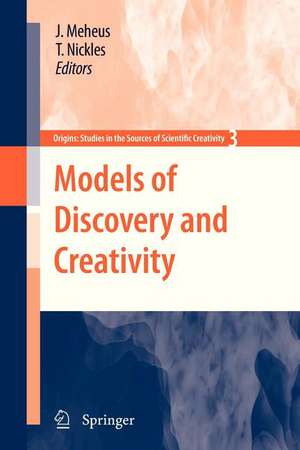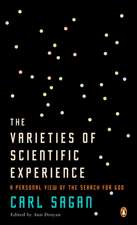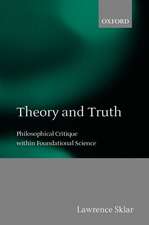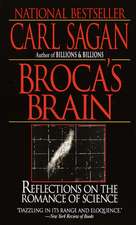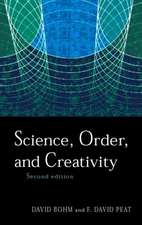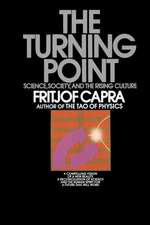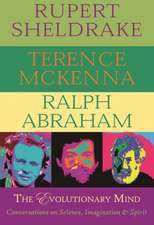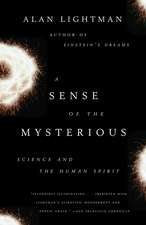Models of Discovery and Creativity: Origins: Studies in the Sources of Scientific Creativity, cartea 3
Editat de Joke Meheus, Thomas Nicklesen Limba Engleză Paperback – 4 mai 2012
An especially important result of the contemporary study concerns the availability of (descriptive and normative) models for explaining discoveries and creative processes. Descriptive models mainly aim at explaining the origin of novel products; normative models moreover address the question how rational researchers should proceed when confronted with problems for which a standard procedure is missing. The present book provides an overview of these models and of the important changes they induced within methodology. As appears from several papers, the methodological study of discovery and creativity led to profound changes in our conceptions of justification and acceptance, of rationality, of scientific change, and of conceptual change. The book contains contributions from both historians and philosophers of science. All of them, however, are methodological in the contemporary sense of the term. The central values of this methodology are empirical accurateness, clarity and precision, and rationality. The different contributions realize these values by their interdisciplinary nature. Some philosophically oriented papers rely on historical case studies and results from the cognitive sciences, others on recent results from the computer sciences and/or non-standard logics. The historically oriented papers address central philosophical questions and hypotheses.
| Toate formatele și edițiile | Preț | Express |
|---|---|---|
| Paperback (1) | 638.57 lei 6-8 săpt. | |
| SPRINGER NETHERLANDS – 4 mai 2012 | 638.57 lei 6-8 săpt. | |
| Hardback (1) | 644.82 lei 6-8 săpt. | |
| SPRINGER NETHERLANDS – 4 feb 2010 | 644.82 lei 6-8 săpt. |
Preț: 638.57 lei
Preț vechi: 751.25 lei
-15% Nou
Puncte Express: 958
Preț estimativ în valută:
122.19€ • 127.90$ • 101.70£
122.19€ • 127.90$ • 101.70£
Carte tipărită la comandă
Livrare economică 31 martie-14 aprilie
Preluare comenzi: 021 569.72.76
Specificații
ISBN-13: 9789400731523
ISBN-10: 9400731523
Pagini: 260
Ilustrații: X, 249 p.
Dimensiuni: 155 x 235 x 20 mm
Greutate: 0.37 kg
Ediția:2009
Editura: SPRINGER NETHERLANDS
Colecția Springer
Seria Origins: Studies in the Sources of Scientific Creativity
Locul publicării:Dordrecht, Netherlands
ISBN-10: 9400731523
Pagini: 260
Ilustrații: X, 249 p.
Dimensiuni: 155 x 235 x 20 mm
Greutate: 0.37 kg
Ediția:2009
Editura: SPRINGER NETHERLANDS
Colecția Springer
Seria Origins: Studies in the Sources of Scientific Creativity
Locul publicării:Dordrecht, Netherlands
Public țintă
ResearchCuprins
Unexpected Discoveries, Graded Structures, and the Difference Between Acceptance and Neglect.- Conceptual Comparison and Conceptual Innovation.- Discovering Mechanisms in Molecular Biology.- On the Role of Thought-Experiments in Mathematical Discovery.- Experimental Systems, Investigative Pathways, and the Nature of Discovery.- Abduction as a Heuristic Constraint.- Creative Abduction and Hypothesis Withdrawal.- Conceptual Change: Creativity, Cognition, and Culture.- The Strange Story of Scientific Method.- Tradition and Innovation: Exploring and Transforming Conceptual Structures.- A Purposeful Alliance in the Service of Creative Research.
Caracteristici
The book contains contributions from both historians and philosophers of science All of them, however, are methodological in the contemporary sense of the term The central values of this methodology are empirical accurateness, clarity and precision, and rationality
